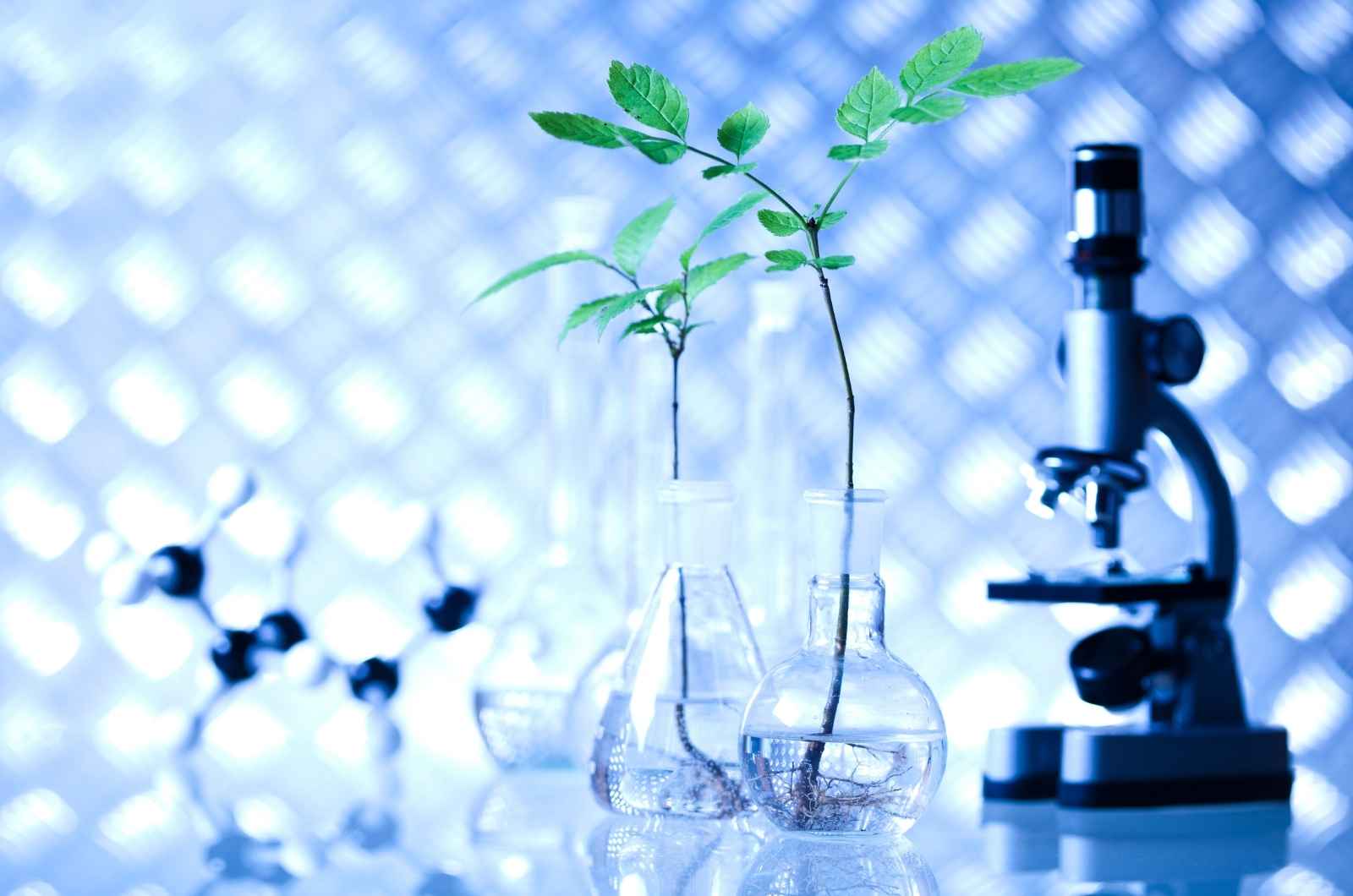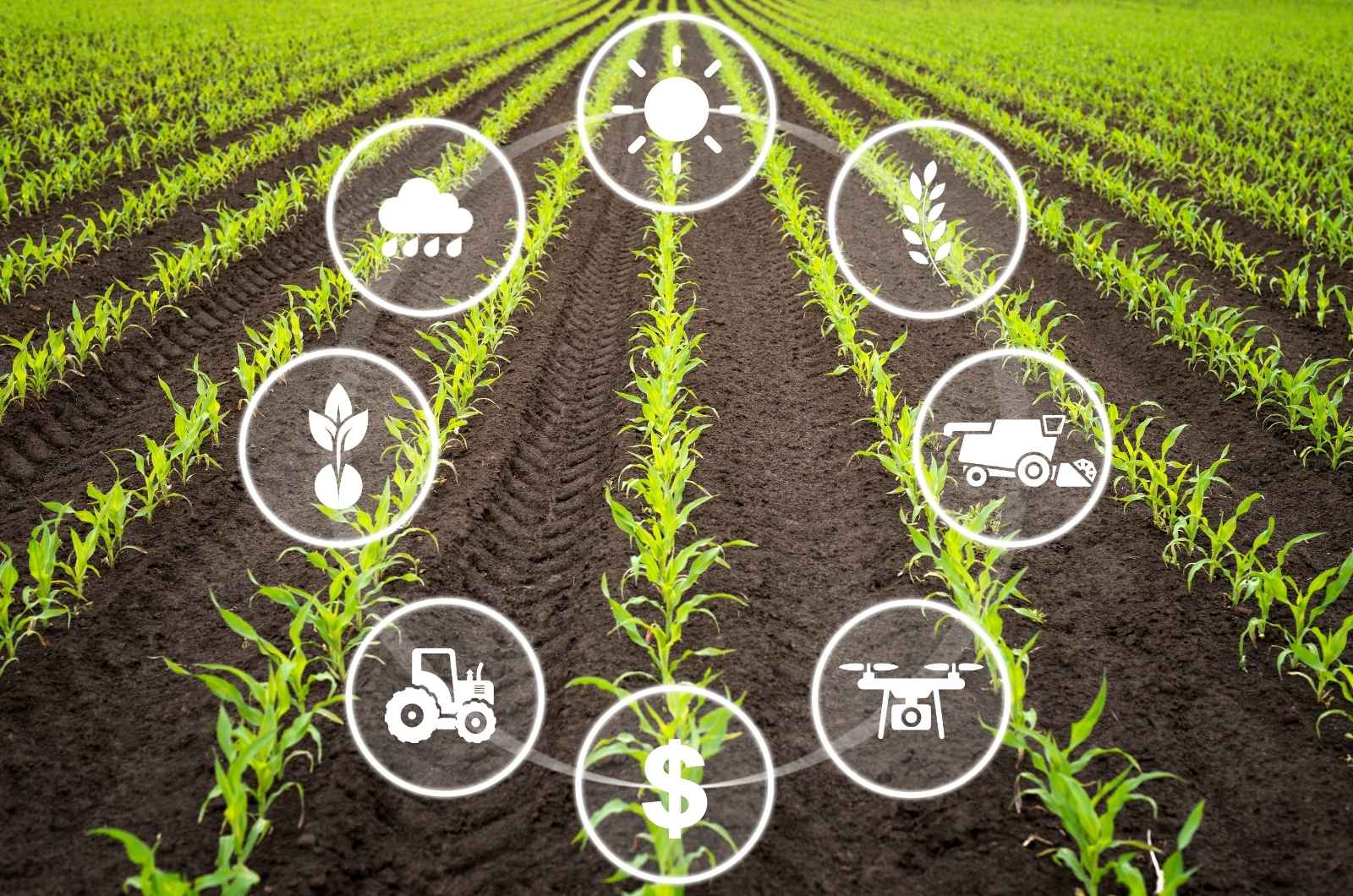Modern plant phenotyping equipment is revolutionizing agricultural research by providing precise, efficient, and comprehensive data on plant traits. These tools are essential for understanding how plants interact with their environment, which is crucial for improving crop yield and resilience. Companies like Plant-DiTech are at the forefront of developing such advanced phenotyping solutions. This article will explore the key features of modern plant phenotyping equipment, examining how they enhance research capabilities, incorporate cutting-edge technologies, and contribute to sustainable agriculture practices.
How does modern plant phenotyping equipment enhance research?
Modern plant phenotyping equipment significantly enhances research by providing precise, high-throughput measurements of plant traits. These tools allow researchers to analyze various physiological parameters such as growth rates, water usage, and nutrient uptake with great accuracy. One of the key features is the ability to conduct non-destructive measurements, which means plants can be monitored over time without being damaged. This continuous data collection is crucial for understanding plant development and responses to environmental changes.
Another important aspect is the integration of automation and advanced imaging technologies. Automated systems can handle large volumes of plants, increasing the efficiency and scale of experiments. High-resolution imaging, including hyperspectral and thermal cameras, provides detailed insights into plant health, stress responses, and metabolic processes. These imaging techniques enable the detection of subtle changes that might be missed by the human eye.
Furthermore, modern phenotyping equipment often includes sophisticated data analysis software. These programs can process and interpret vast amounts of data, helping researchers identify patterns and correlations. The combination of precise measurements, automation, and advanced data analysis tools accelerates the pace of discovery and innovation in plant science, leading to more robust and reliable research outcomes.
What technological advancements are integrated into plant phenotyping equipment?
Modern plant phenotyping equipment integrates a variety of technological advancements to enhance precision and efficiency in plant research. One key advancement is the use of high-resolution imaging systems, which allow for detailed analysis of plant growth, morphology, and physiological traits. These imaging systems often include multispectral and hyperspectral cameras that capture data across different wavelengths, providing comprehensive insights into plant health and development.
Another significant advancement is the integration of automated data collection and analysis tools. These tools use machine learning algorithms and artificial intelligence to process large volumes of data quickly and accurately. By automating these processes, researchers can focus more on interpreting results and making informed decisions rather than spending time on manual data handling.
Additionally, modern phenotyping equipment often features advanced environmental control systems. These systems can simulate various climate conditions, such as temperature, humidity, and light intensity, enabling researchers to study plant responses to different environmental stresses. This capability is crucial for developing crops that are more resilient to climate change.
Moreover, the incorporation of Internet of Things (IoT) technology allows for real-time monitoring and remote control of phenotyping experiments. Sensors placed in the equipment collect continuous data, which can be accessed and managed through cloud-based platforms. This connectivity ensures that researchers can monitor experiments from anywhere, enhancing flexibility and collaboration.
Overall, these technological advancements make modern plant phenotyping equipment a powerful tool in advancing agricultural research and promoting sustainable farming practices.
How does plant phenotyping equipment contribute to sustainable agriculture
Modern plant phenotyping equipment significantly contributes to sustainable agriculture by enabling precise monitoring and analysis of plant traits. This technology helps identify the most resilient and high-yielding crop varieties, which require fewer resources like water and fertilizers. By optimizing resource use, it reduces the environmental footprint of farming practices. Additionally, phenotyping equipment aids in the early detection of plant stress and diseases, allowing for timely interventions that minimize crop loss and promote healthier growth. Overall, these advancements support the development of more sustainable agricultural practices, ensuring food security and environmental conservation.
Modern plant phenotyping equipment has revolutionized agricultural research by enhancing precision, efficiency, and sustainability. These advanced tools incorporate cutting-edge technologies that provide detailed insights into plant traits and responses under various conditions. By improving data accuracy and enabling high-throughput analysis, phenotyping equipment supports the development of resilient and high-yield crops. Companies like Plant-DiTech lead the way with innovative solutions that address the challenges of modern agriculture. Overall, the integration of these technologies contributes significantly to sustainable farming practices and global food security.

